The New York Times gauges the pulse of America's top chefs: here's what they think about the present and future of the restaurant industry.
It hasn't been easy times for the restaurant industry, neither in Europe nor in America: the pandemic, inflation, market contraction, labor shortage, and the atmosphere of conflict have severely tested chefs, who have had to absorb the transformations due to the #MeToo and Black Lives Matter movements. "The culture and economy of their business have changed, in some cases drastically," writes Julia Moskin in the New York Times, who interviewed 30 renowned professionals. There have been plenty of points of interest, here are those from 5 top chefs.
DAVID CHANG (MOMOFUKU)
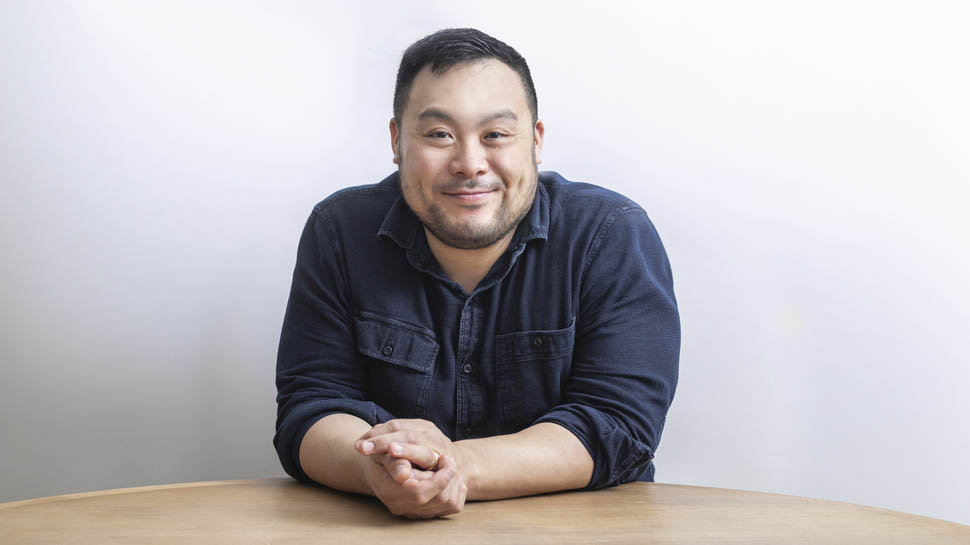
"During the pandemic, in the first year, we were just trying to figure out how to rescue money, reaching out to a group of people in Congress and the Senate. Nobody was really interested in all these independent restaurants, much hyped by the press, since they don't feed a lot of people. I think we just need an honest assessment of the industry as a whole, regarding the money that can be made. I'd say there's about a 90% attrition rate after 5 years. If that happened in any other branch of commerce or management, everyone would wonder what kind of industry we're talking about. In the next ten years, we'll discover a lot of things. Because it's an entirely new field, even though the business itself is ancient. Some luxury restaurants may be able to charge $2500-3000 per person. That's what people are spending today to see Taylor Swift."
DAVID UTTERBACK (YOSHIMOTO)
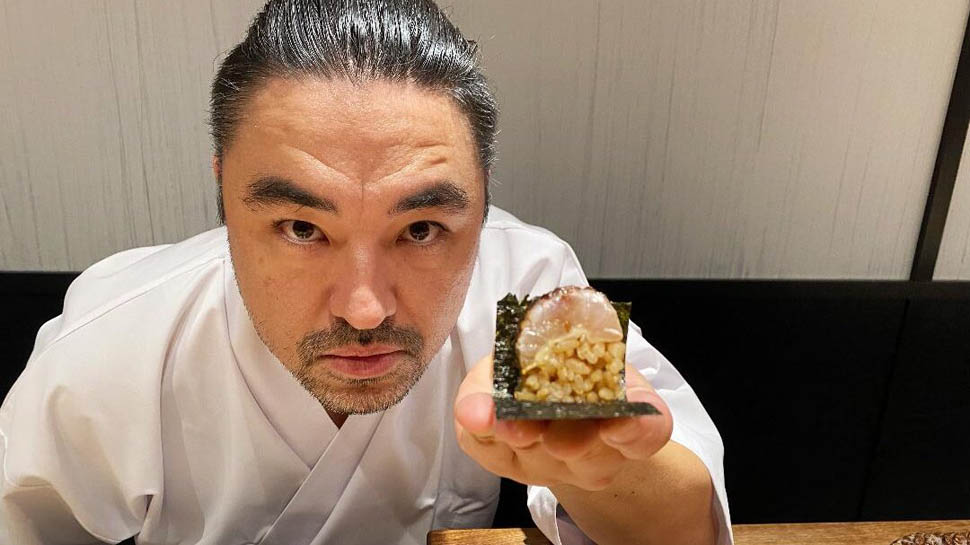
"Guests ask me about my children, if they will become cooks or chefs. And I tell them that if they end up in the restaurant industry, I will have failed as a parent. It's the hardest way to make a living. Despite the increase in prices, we still can't scrape together enough for me to retire. When I'm 65, I can't be a line cook for 12 hours a day. I already have back, arm, and foot braces. I feel like a broken Iron Man, trying to hold it all together. At my age, 42, you should have a managerial role, away from the line. You should have stopped cooking. If you haven't figured out an exit strategy, you'll be stuck forever."
ANA CASTRO (LENGUA MADRE)
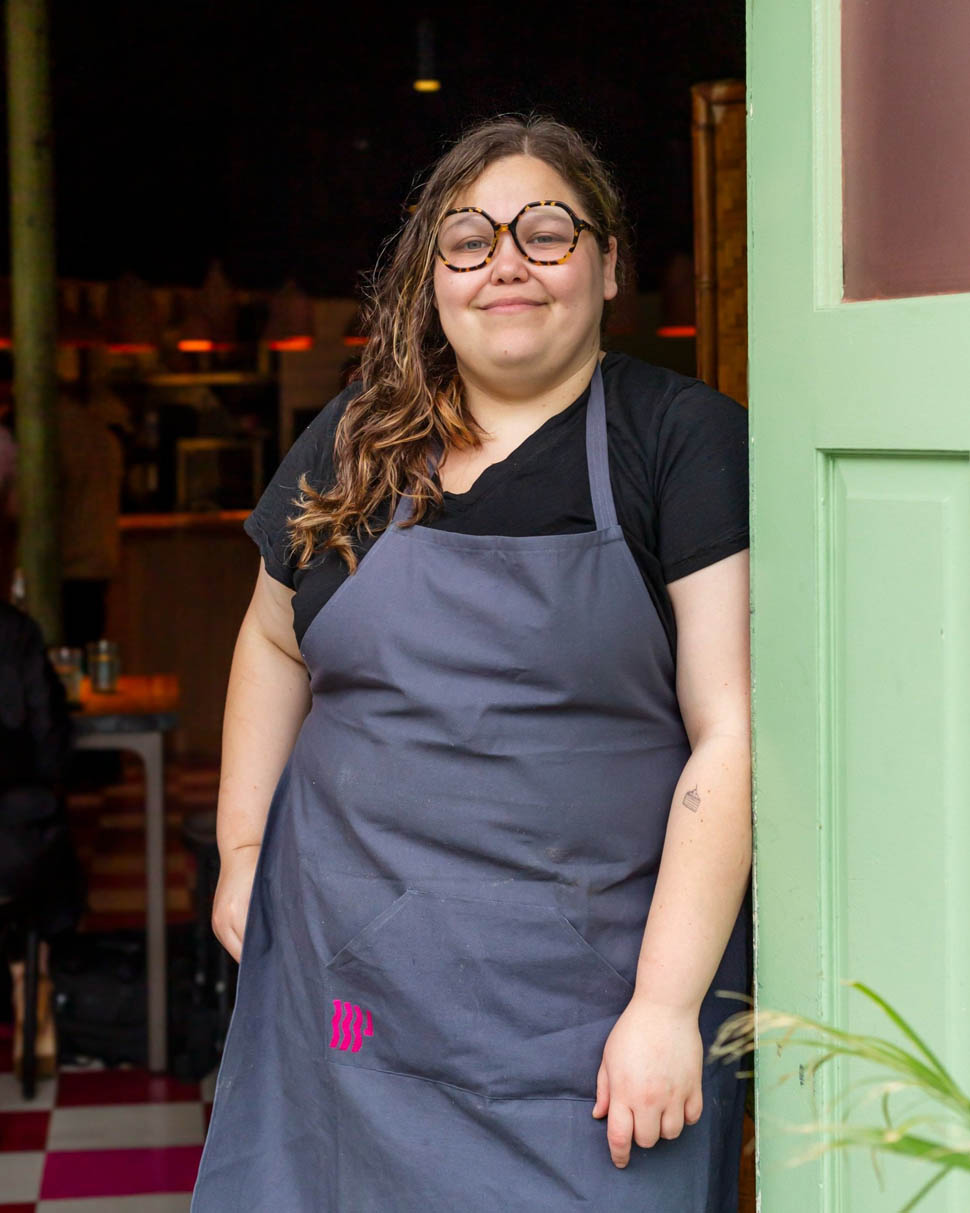
"I endured abuse, and after a couple of months, I started dishing it out. Currently, I have a bit of a bad reputation for being stingy with customers, sometimes. Someone likened the undercooked duck to a Jeffrey Dahmer experience. And I schooled that woman like I never had before. I got a bad review on Resy, because I think she wrote it. But honestly, I don't care."
GEOFF DAVIS (BURDELL)
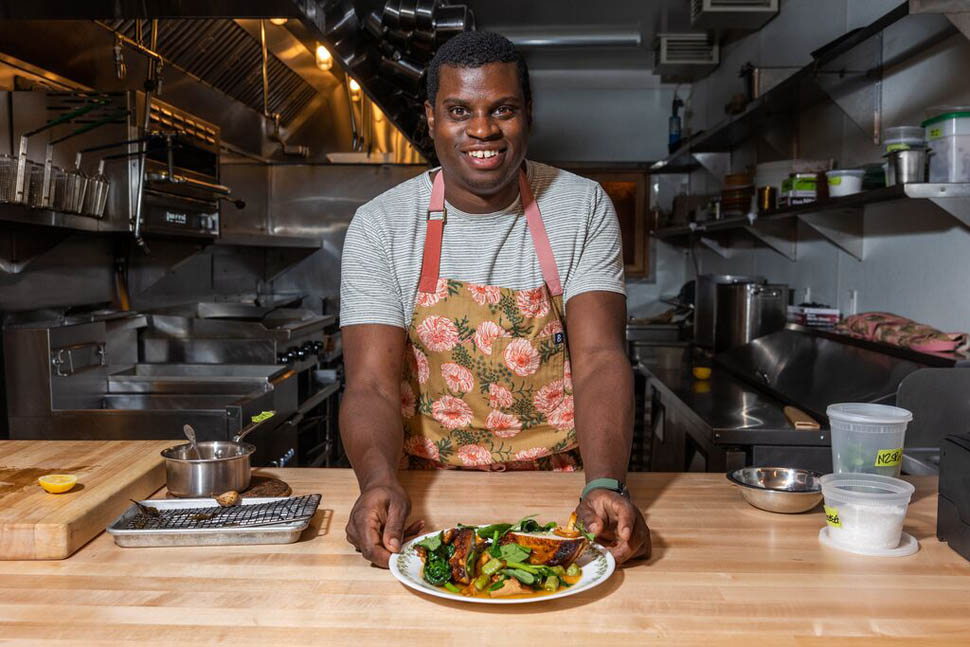
"You need to make a certain amount of money per cover. So if you have appetizers at $40 or $50 and burgers at $19, and a third of the people choose the latter, you're losing a lot of money. New people will come to try you out if they know it's there. But if 50 people every night make that choice, you're cannibalizing yourself. No one says a pair of Jordans or a Hermès bag costs too much when their production costs a few pennies on the dollar. And that doesn't save lives, provide jobs to the community, or offer a place to celebrate your birthday or anniversary. In an Italian restaurant, you can charge $25 for a plate of polenta, but if I put oatmeal at $14, people get furious. Are we kidding: what's the difference between a bowl of congee and risotto? In San Francisco, I made my way from Aqua to Fifth Floor, to Cyrus. Lots of shouting, lots of butter. A type of restaurant that won't be able to exist anymore in 2024. I'm done with ultra fine dining. I realized I was the only Black person working in those kitchens and hardly anyone like me in the dining room. I also think guests have become much less understanding about inevitable mistakes. People are upset when things don't go as they'd like. I'd like to ask them: do you remember 2019? It's normal. A small group of human beings is trying to offer its services to everyone, not just to you."
ERIC HUANG (PECKING HOUSE)
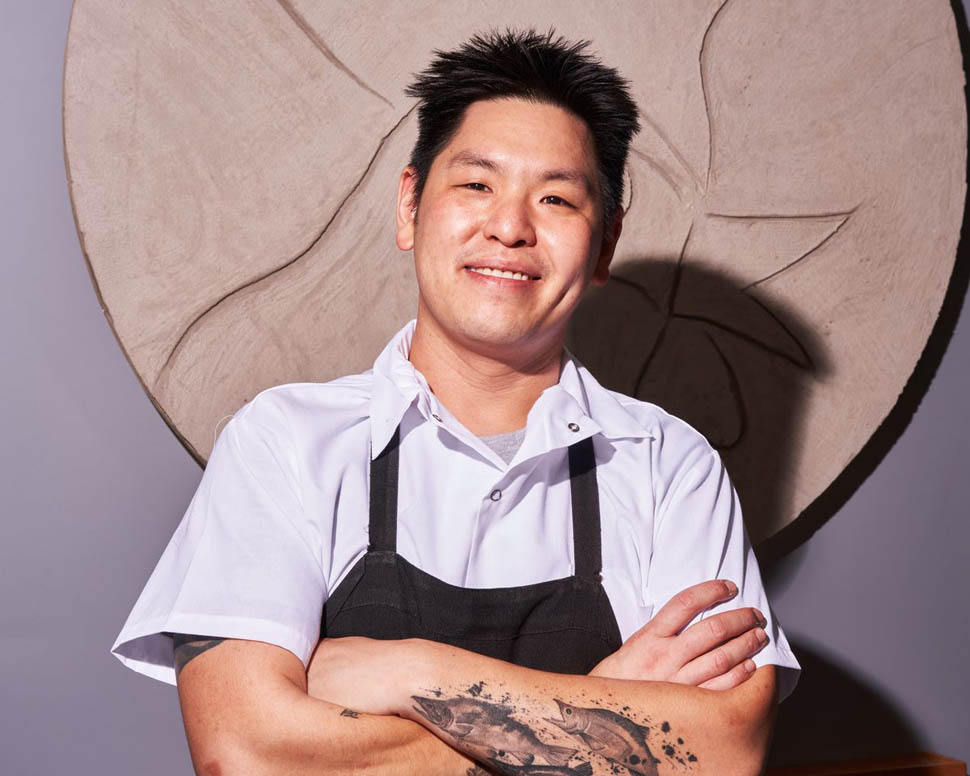
"Once upon a time, I was an essential worker, right? And everyone was leaving generous tips, saying that the restaurant industry is the backbone of our economy. Today, just three and a half or four years later, we're back to the general complaint about a dollar tip on the screen. You can’t be a one-restaurant chef anymore. You have to have a brand, you have to keep feeding the beast, while keeping employees and keeping the whole thing going. Cooking is the last of my daily responsibilities. It's about sending out payment models and paying bills, while trying to figure out how to store garbage on holiday weekends. You can save a lot by lowering the level of service, as we've done. But luxury is still an aspect of dining out that people appreciate. So as usual, the middle class will suffer. Because the average restaurant will still be full-service, but prices won't be high enough to cover anything. Doing a stage in Europe requires immense privilege. And you work for free in Copenhagen or San Sebastian, on a gastronomic pilgrimage, which is what we were told to do. But working at Eleven Madison Park for 80 hours a week for minimum wage requires support. There's a reason why these kitchens are full of white, athletic, and beautiful boys, supported by their families."










